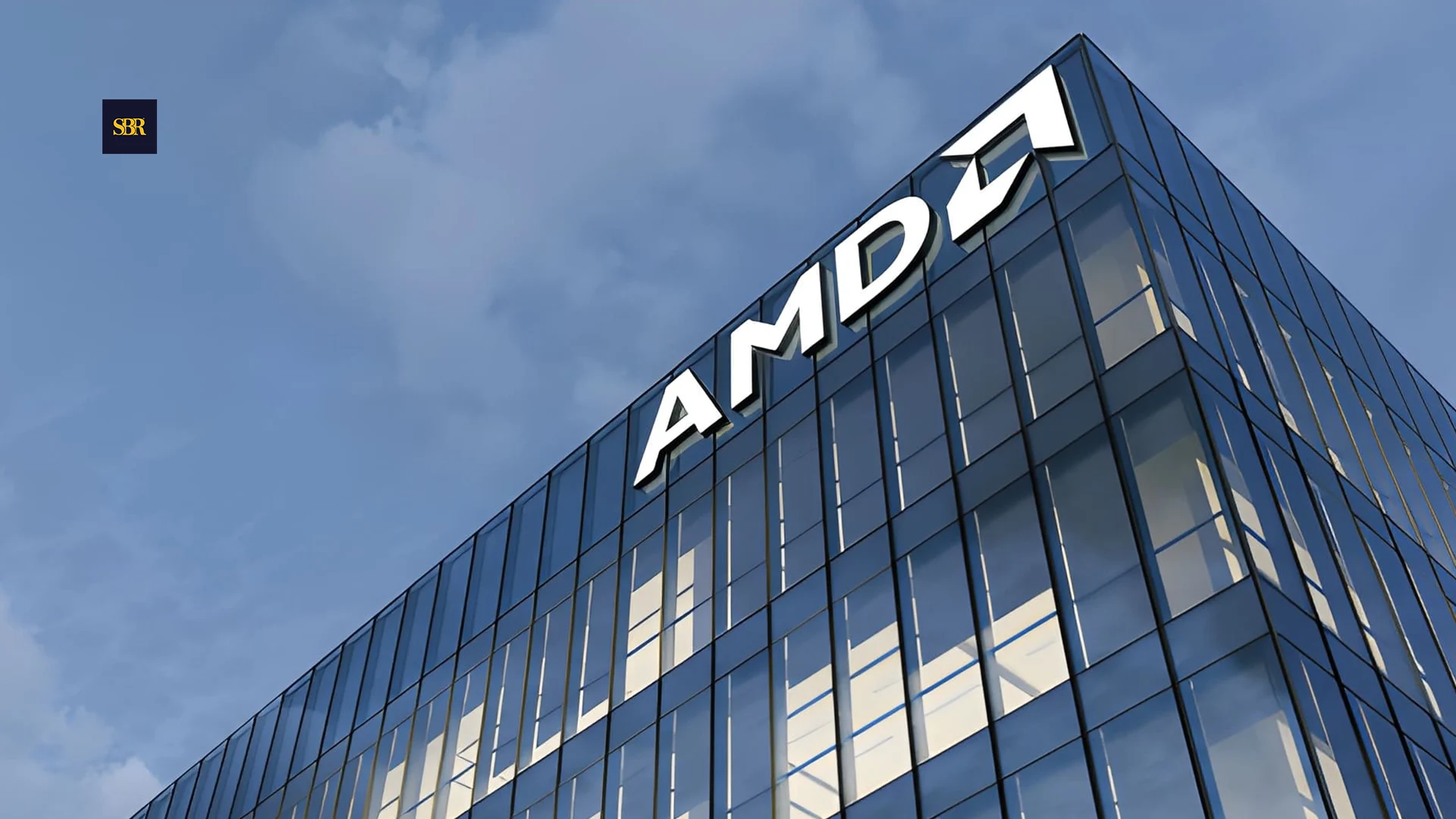During a panel discussion at the World Economic Forum in Davos, Salesforce CEO Marc Benioff underscored the tech industry's dedication to establishing safety protocols and trust principles for the rapidly evolving AI software that has captured global attention. Benioff emphasized the need to prevent a potential "Hiroshima moment," highlighting the industry's proactive efforts to navigate the challenges associated with the widespread adoption of AI technology.
“This is a huge moment for AI. AI took a huge leap forward in the last year or two years,” he noted Thursday, acknowledging that, amid the rapid pace of its progress, the technology “could go really wrong.”
“We don’t want something to go really wrong. That’s why we’re going to, like, that safety summit. That’s why we’re talking about trust,” Benioff said, referencing a U.K. event last year.
“We don’t want to have a Hiroshima moment. We’ve seen technology go really wrong, and we saw a Hiroshima. We don’t want to see an AI Hiroshima. We want to make sure that we’ve got our head around this now.”
Worries have grown about the reliability, applications, and possible bias in AI, as critics globally express concerns about the technology replacing human jobs. The International Monetary Fund recently issued a report, cautioning that almost 40% of jobs worldwide could be affected by the increasing influence of artificial intelligence.
Expressing concern about the potential misuse of intellectual property, in December, the New York Times initiated a lawsuit against Microsoft and ChatGPT creator OpenAI. The lawsuit accuses both companies of copyright infringement and alleges that they trained their extensive language models using content from the newspaper.
Salesforce has entered the competition by introducing its own generative AI software, Einstein GPT, actively participating in the global race where software developers are striving to integrate generative AI features into their current products.
The company, with its primary focus on customer support, posted fiscal third-quarter earnings in November that surpassed analyst expectations, experiencing an 11% year-on-year increase in revenue.
Generative AI, a type of artificial intelligence enabling users to generate new content, designs, and ideas based on user prompts, is gaining traction. It is trained on extensive data from the open web, and in the case of OpenAI, ChatGPT is trained on information up to 2021.
Numerous companies are exploring this technology for various tasks, including art, marketing, and copyright. However, the rise of AI has raised concerns about cyber vulnerabilities, as it provides opportunities for criminals to create and deploy malicious software.
Last year, at the key summit held in Bletchley Park, England, global leaders signed a groundbreaking agreement, pledging to establish frameworks and standards for the safe development of AI.
Prominent figures in the technology sector, including Sam Altman of OpenAI and Pat Gelsinger of U.S. chipmaking giant Intel, have shared insights on AI development this week. Speaking on a panel with Bloomberg at Davos on Tuesday, OpenAI CEO Sam Altman expressed his belief that artificial general intelligence (AGI), a form of AI comparable to or surpassing human capabilities, is likely to emerge soon. However, he added that it won't be as alarming as many economists fear.
“This is much more of a tool than I expected,” Altman said. “It’ll get better, but it’s not yet replacing jobs. It is this incredible tool for productivity. This is a tool that magnifies what humans do, lets people do their jobs better and lets the AI do parts of jobs.”
The quotes in this piece were sourced from CNBC.

















